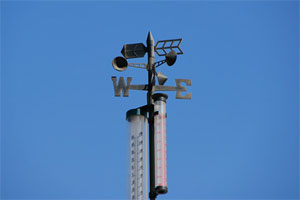Ozone Transport Commission NOx Budget Program

The Ozone Transport Commission (OTC) NOx Budget Program was implemented from 1999 to 2002, and was replaced by the NOx Budget Trading Program under the NOx State Implementation Plan (SIP) Call. The information presented here is provided as historical background only.
EPA assisted the Ozone Transport Commission states in implementing the OTC NOx Budget Program, which was an allowance trading program designed to reduce summertime NOx emissions from electric utilities and large industrial boilers in the northeast United States. The OTC capped summertime NOx emissions at 219,000 tons in 1999 and 143,000 tons in 2003, which was less than half the 1990 baseline emission level of 490,000 tons.
The states that participated in the OTC NOx Budget Program included Maine, New Hampshire, Vermont, Massachusetts, Connecticut, Rhode Island, New York, New Jersey, Pennsylvania, Maryland, Delaware, the northern counties of Virginia, and the District of Columbia, although not all states participated in the trading program. The states were responsible for adopting regulations, identifying sources, allocating NOx allowances, and ensuring compliance. EPA was responsible for approving the states’ regulations and tracking allowances and emissions.
